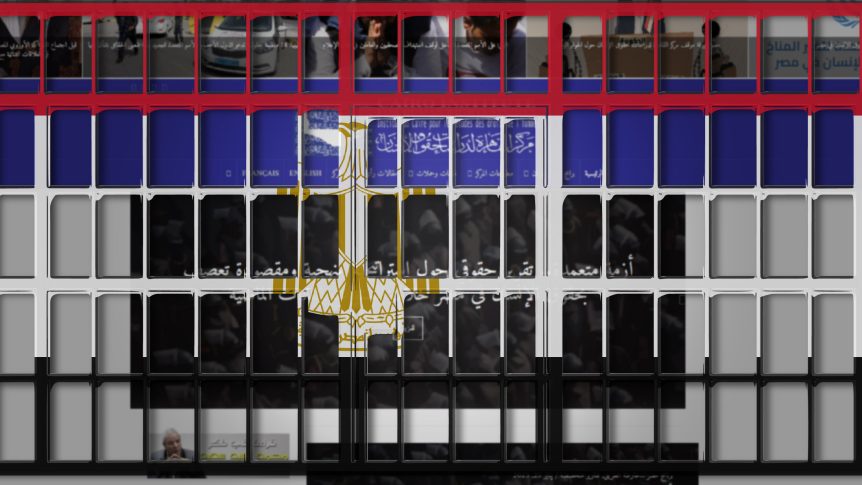On 25 January 2023, hours after the Cairo Institute for Human Rights Studies (CIHRS) published a joint-report submitted to the United Nations Human Rights Council as part of Egypt’s mid-term Universal Periodic Review (UPR) process, its website came under a DNS poisoning cyber-attack, rendering it inaccessible to users in Egypt. After CIHRS overcame the attack and restored access to its website, the website was blocked by Egyptian authorities in what constitutes an act of reprisal for CIHRS’ cooperation with the UN.
The blocking of CIHRS’ website is not the first act of reprisal committed by Egyptian authorities against human rights defenders and organizations for their cooperation with international human rights mechanisms. In August 2020, CIHRS Director Bahey eldin Hassan was sentenced in absentia to 15 years in prison for tweeting statements he made at a UN event. Human rights defender Ibrahim Metwally Hegazy, who was traveling to Geneva in September 2017 to meet with the UN Working Group on Enforced and Involuntary Disappearances, was disappeared and later arbitrarily detained; he remains imprisoned for now over half a decade.
The censorship of the CIHRS website confirms the joint-report’s conclusion that no serious steps are being taken by the Egyptian authorities to address the ongoing human rights crisis. The alleged reforms taking place are purely cosmetic, given the absence of political will to reverse the government’s strategy of systematically uprooting peaceful dissent.
Similar to its whitewashing strategy of showcasing its release of a negligible fraction of political prisoners while arbitrarily arresting a larger number of others, during COP27 the government restored access to a handful of the hundreds of websites it blocked, including those of Human Rights Watch and Mada Masr, only to block some of them again after the climate conference ended.
CIHRS’ website now joins hundreds of human rights and media websites blocked by the Egyptian government, as part of its tightening control and censorship of cyberspace, including through legislation criminalizing free speech on social media and increasingly targeting online content creators.
CIHRS affirms that its work to shed light on the scope and nature of the human rights crisis in Egypt will not be deterred. CIHRS is also committed to ensuring that its work remains available to all on its original website link cihrs.org, and to its followers in Egypt at cihrs.net.
Share this Post

